Thank you to all our attendees and speakers, for making the summit a success! We hope you enjoyed the events as much as the LEA team did. Don’t forget to sign up to website for the latest LEA updates.
What is the Purpose of the Summit?
The purpose of the Summit is as follows:
- Share how lean thinking can be used to solve the problems of today and tomorrow.
- Raise consciousness of the latest developments in Lean Thinking and Practice.
- Provide insight into practical ways to get started, deepen or enhance your Lean journey and transformation.
- Enable participants to build their own network of Lean Thinkers.
The Process – How Do We Organise The Summit?
We have structured the summit around a set of key questions. There are examples from different sectors.
- How can lean thinking and practice help us navigate the key problems facing us today? This includes:
- The productivity challenge and cost pressures.
- Supply chain disruption.
- The environmental crisis.
- Lessons learnt from the COVID-19 pandemic.
- How do you use Lean Transformation Framework (LTF) to transform your business?
- How do the best companies develop their strategies, gain consensus and turn them into action?
- What is the Lean approach to problem solving?
- How do the best companies develop and build their lean management system?
- How do the best companies develop and engage team members – developing a kaizen mindset?
The People – Who Should Come?
Anyone trying to apply Lean Thinking & Practice to their unique situation or organisation. Our summit helps develop your lean network because we:
- Assemble the best Lean practitioners, sensei and participants to learn and share together.
- Build time into the programme for participants to network and reflect.
- Provide a variety of learning situations. This includes Pre-Summit Masterclasses on leading edge topics, keynote talks, interactive learning sessions and panel discussions.
- Enable groups from the same organisations to come to the Summit to learn and assess their situation.
Feedback from our Previous Summits
- World class content
- Extremely engaging and thought provoking
- Lots of transferable learning on engagement
- Very good mix of practical examples, learning and experience
- A great opportunity to measure yourself and your experience against others
- Enriching experience to develop understanding of Lean above the level of tools
- Best place to learn about what Lean really means
- High quality speakers and networking
Summit Tickets
We’re sorry to inform you that tickets for the summit have sold out and the event has already occurred. We hope you were able to secure a ticket and attend the event. Please stay tuned for future events and updates on our website. Thank you for your interest and support.
Tickets are now available for our UK Lean Summit 2024 here.
Summit Agenda
Registration
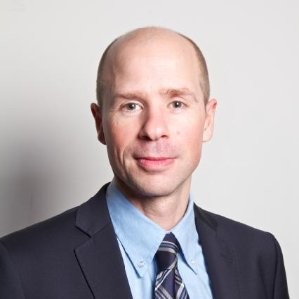
Introduction and Welcome
Setting the scene for our 2023 event. Peter will explain the agenda and the key themes the Summit addresses. In particular:
- The rise in the cost of living and the productivity challenge
- Supply chain disruption
- The environmental crisis the world faces.
Using the Lean Transformation Framework (LTF) Lean thinkers can apply their talents to each of these issues. We’ve lined up a formidable set of speakers to help you think through these problems.
Peter Watkins - Senior Lean Coach, Lean Enterprise Academy
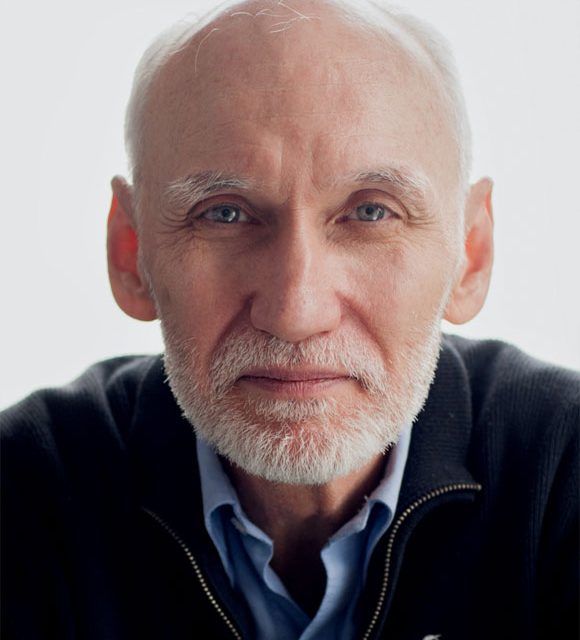
How to Apply Lean Thinking & Practice
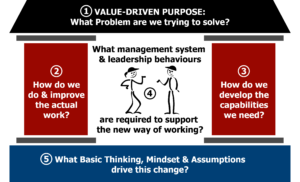
John Shook was the first Westerner to be employed by Toyota in the 1980’s. Over the years, John has written a number of the landmark lean books including Learning to See, Managing to Learn and Kaizen Express. One of John’s most important contributions is the development of the Lean Transformation Framework. John and David will provide an up to date summary on the framework, how it can most effectively be used and what challenges lie ahead in using it.
John Shook - Senior Advisor, Lean Enterprise Institute
David Brunt - CEO, Lean Enterprise Academy
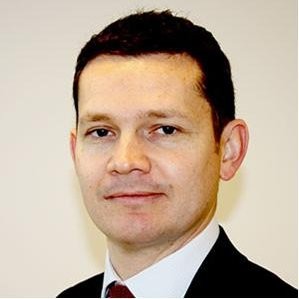
Productivity Challenge & Cost Pressures
The National Audit Office (NAO) helps Parliament hold government to account for the way it spends public money. Through its work, the NAO identifies ways government can make better use of public money to improve people’s lives. Alec Steel will share how lean thinking shapes some of that work, what lessons he has drawn from it and the challenges that lie ahead in the public sector.
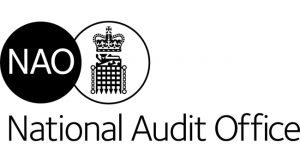
Alec Steel - Head of People and Operational Management, UK National Audit Office
Coffee, Tea & Networking

Learning Session - Engaging everyone to help improve the work
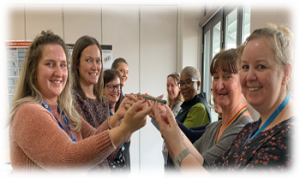
Doing and improving the work? In this learning session facilitates management company Incentive FM will explain how they are utilising lean fundamentals and standardised work to start involving team members to redesign value creating work and develop their capability to see and understand waste in the daily work .
This session will cover the 4 step “learn by doing” process that leaders can use to teach their people Lean Fundamentals in an engaging way.
Why do Lean ? – 1) Observe & Eliminate Waste , 2) Value & Non Value Added Work, 3) Leadtime Reduction, 4) Employee Involvement Team Working
One of our partner companies will show and explain what they learnt from starting to go through this process as leaders with their team members
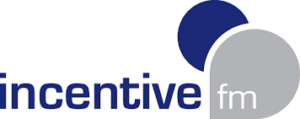
Catherine MacGregor - Service Excellence Lead, Incentive FM
Peter Watkins - Senior Lean Coach, Lean Enterprise Academy

Learning Session - Developing Effective Problem Solvers
How do we develop the capabilities we need for today and tomorrow? During the Covid-19 pandemic, the Lean Enterprise Academy developed an online platform for organisations and individuals to use to learn about lean thinking and practice. A number of our partners conducted action based learning with us to use the platform in remote and onsite learning environments. In this session Thales UK share the lessons from the creation of learning processes to effectively develop problem solving capability.
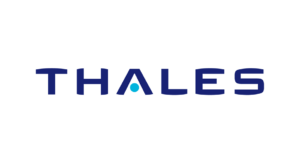
David Wakeman - Head of Continuous Improvement, Thales UK
David Marriott - Senior Lean Coach, Lean Enterprise Academy

Learning Session - Supply Chain Disruption – Does Lean hold the answer?
Supply chain disruption is an increasing part of our lives. The world-wide chip shortages impacted a number of sectors from vehicles to consumer goods. We have faced disruption and shortages on our supermarket shelves, our building sites and across a number of services. Often we are told just-in-time delivery systems are to blame. Here we look at whether this really is the case and how lean thinking and practice can be used to develop more resilient supply chains and networks.
David Brunt - CEO, Lean Enterprise Academy

Learning Session - Lean Lessons from COVID-19

Fly To Survive: How Iberia Applied Game-Changing Flow Practices In Maintenance, Repair and Services (And Crushed It)
The pandemic required a response from every person, every business and government throughout the world. Home working, cutting costs and new routines to keeping people safe at work, the Covid-19 pandemic challenged us all to question how we work.
Like many others, the impact on the airline industry was huge. Airlines reduced their flights due to tighter border controls across the world amidst the pandemic, passengers stopped flying, and most airlines grounded aircraft at Airport airfields around the world.
But even with 100’s & 1000’s aircraft grounded and parked up, someone still needed to maintain these assets to ensure airworthiness and usage when needed.
Born out of this crisis, this is the story of how one organisation applied game-changing flow principles to survive and thrive.
In this learning session, Fred Schnider from Iberia will reflect on the lessons learned from this period of profound change and, along with Darren Walsh, share deep insight into how you, too, can drastically transform your business and fundamentally change how you work.
Iberia´s Maintenance Repair Organisation (MRO) had to innovate and put into practice Lean thinking to park, store and maintain the workflow, reducing process lead times and planning by more than 90% and saving more than 30% of the efforts required.
This learning session will combine the lessons from Iberia’s profound change and a how-to session for you to develop your very own game-changing future state value stream map and improvement plan.
Attendees will learn:
- About challenges Iberia faced and how they responded
- Grasp the value of flow in a non-standard environment of maintenance, service and repair
- How to plan, map and implement the value stream improvement connected flow of work
- How to Identify waste and develop a future state improvement plan
- The 8 lean guidelines that make a value stream lean
- How to manage unpredictable work
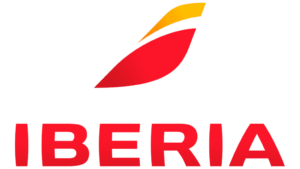
Frederic Schnider - Manager Lean MRO - Iberia
Lunch & Networking
From Drama to Stability
Learn how TechnipFMC Dunfermline has transformed into a high performance team and reference point for the whole organisation, improving performance by over 50%.

Ewan Reed - Managing Director, TechnipFMC
David Scott - Lean Office Manager, TechnipFMC

Learning Session - How can Lean reduce Environmental impact?
“Lean and green” is a phrase that has been used for a long time. One of the biggest challenges facing us as a society is how to minimise the environmental impact we have. In this learning session we discuss how lean thinking and practice can be used to do this and why we must act our way into a sustainable future.

Neil Trivedi - Director, The Perfect Process Company
Chris Birds - Ecobat Resources UK

Learning Session - Building a Lean Management System
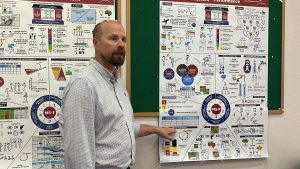
“What management system and behaviours are required to develop a lean organisation?” The Lean Enterprise Academy will share it’s research in this area. In particular, the need to develop a management system for performance and a management system for improvement. The session shares the critical elements required to develop lean management systems.
This session will give you a greater knowledge & understanding in the different types of Lean Management Systems needed and how to design & develop them for your unique situation.( for Organisation, Department or Team Level)
- Overview of Management System Visual Teach Posters & Facilitation Guides
- What are the critcal dimensions needed for a Lean Management System for Performance
- What are the critcal dimensions needed for a Lean Management System for Improvement
- Use our assessment to help see your “GAP’s” in your own management system.
- Discuss your current state , problems and next steps
Peter Watkins - Senior Lean Coach, Lean Enterprise Academy
Learning Session - From Drama to Stability
Learn how TechnipFMC Dunfermline has transformed into a high performance team and reference point for the whole organisation, improving performance by over 50%.

Ewan Reed - Managing Director, TechnipFMC
David Scott - Lean Office Manager, TechnipFMC
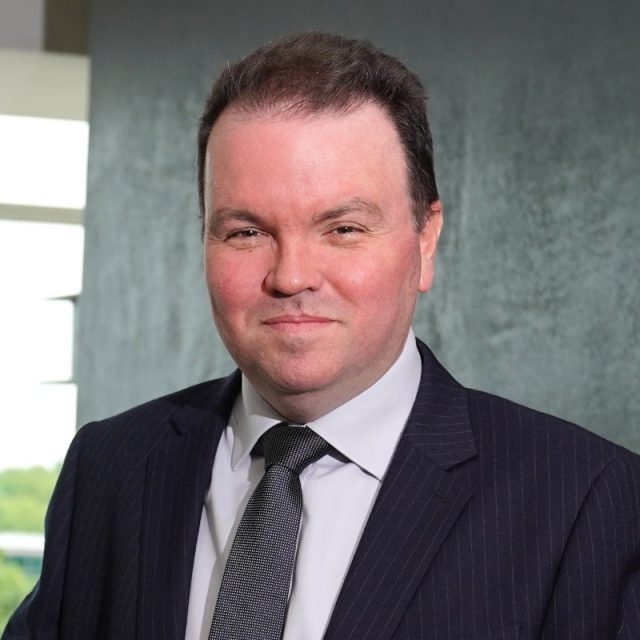
Learning Session - Developing Capability through Employee Involvement Team Working
When an organisation wants to change its culture what does it do? In this session, an organisation shares how the desire to involve its team members led to the development of employee involvement team working. Developing the capability to manage work more effectively and develop the problem solving capability of team members through real-life day to day issues.
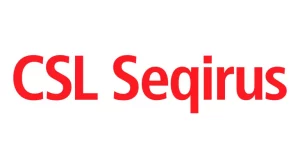
Gordon Pearson - Head of Operational Excellence, CSL Seqirus
David Marriott - Senior Lean Coach, Lean Enterprise Academy
Coffee, Tea & Networking
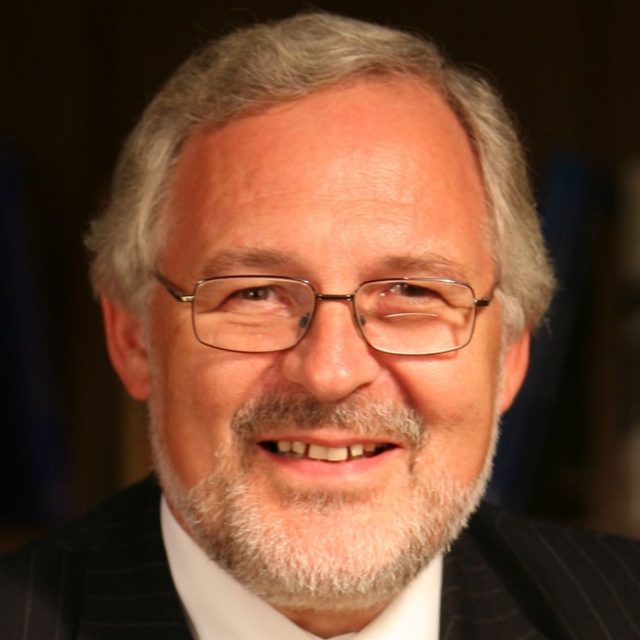
Reflections – What have we learned, what would I do differently?
The Lean Enterprise Academy Chairman, Dan Jones reflects on over 30 years learning about lean thinking and practice. Dan summarises the challenges he sees that society faces and how lean thinking and practice can help close the gaps.
Dan Jones - Chairman, Lean Enterprise Academy

Day 1 Close
David Brunt - CEO, Lean Enterprise Academy
Evening Activity
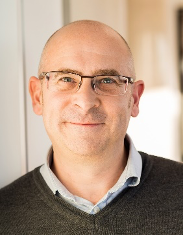
Introduction
We welcome back our Summit participants for Day 2 of the UK Lean Summit 2022.
David Marriott - Senior Lean Coach, Lean Enterprise Academy
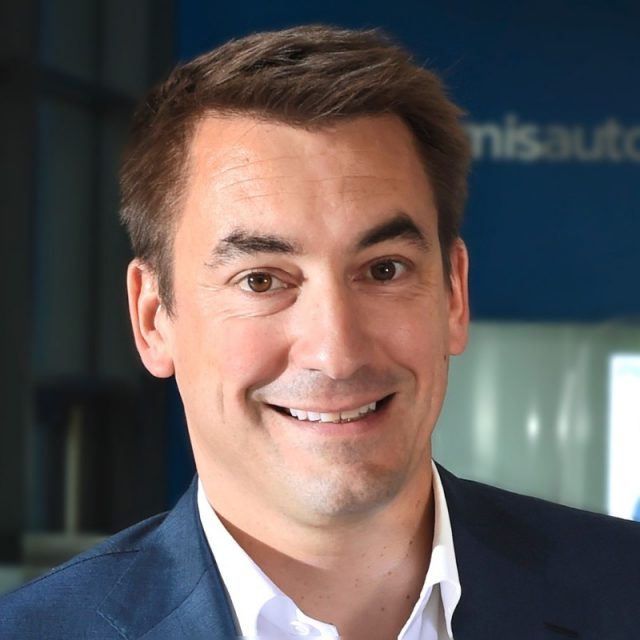
Raise the Bar: Zero to 1 Billion: Combining Lean and Digital for People-Centric, Sustainable Growth
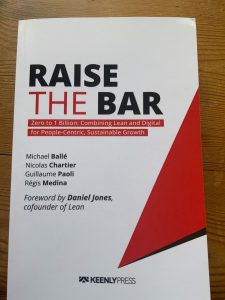
Nicolas shares how he has personally learned about lean thinking and how the Aramis group has used it to find and face both digital and physical challenges, building the capabilities to scale up one of the most successful start-ups in Europe. A must listen to CEO using lean as a strategy.

Nicolas Chartier - Co-Founder & Co-President, Aramis Group
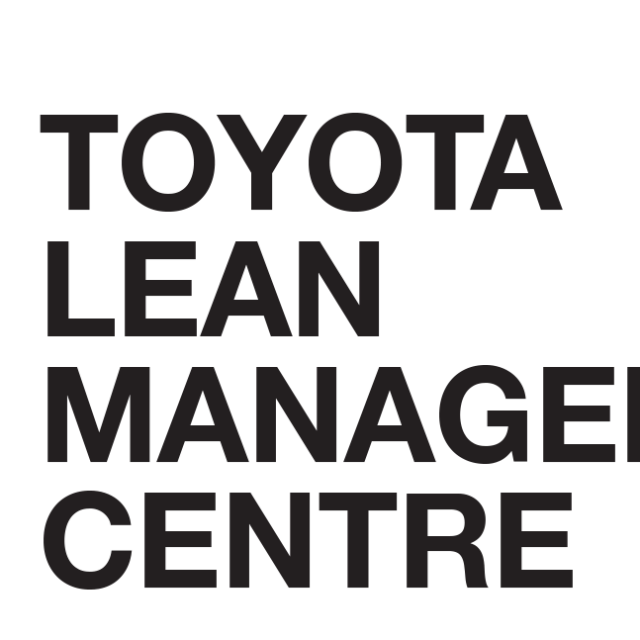
How to Develop a Kaizen Spirit
Learn about Toyota’s competitive advantage and how they create a kaizen culture and spirit within their people.


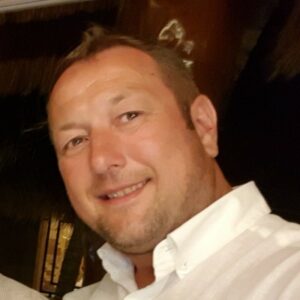
Kenny Barlow - Group Leader Senior and Lean Coach, Toyota Motor Manufacturing UK
Mark Siddall - Group Leader Senior, Toyota Motor Manufacturing UK
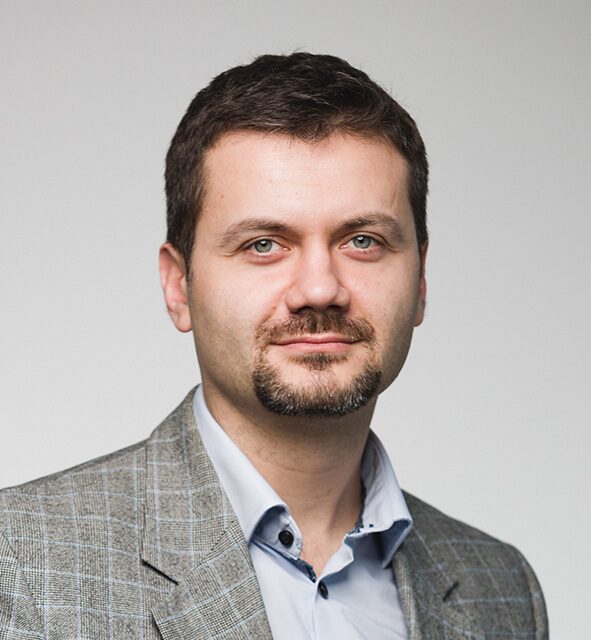
Lean Thinking during a Crisis
As the war in Ukraine continues, Serhii Komberianov, from Lean Institute Ukraine, discusses the war and how lean thinking and practice is being used by organisations in the midst of this crisis.
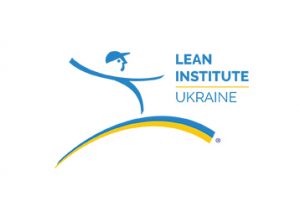
Serhii Komberianov - President, Lean Institute Ukraine
Coffee, Tea & Networking

Learning Session - Developing an Online Business with Lean Thinking & Practice
In this learning session, Nicolas is joined by his “Raising th Bar” co-author Michael Balle. They share lessons learned from the approach and discuss how you can use lean to develop your lean journey.

Nicholas Chartier - Co-Founder & Co-President, Aramis Group
Michael Ballé - Founder/Member, Institut Lean France
David Brunt - CEO, Lean Enterprise Academy
Learning Session - How to Develop a Kaizen Spirit
Learn about Toyota’s competitive advantage and how they create a kaizen culture and spirit within their people.



Kenny Barlow - Group Leader Senior and Lean Coach, Toyota Motor Manufacturing UK
Mark Siddall - Group Leader Senior, Toyota Motor Manufacturing UK
David Marriott - Senior Lean Coach, Lean Enterprise Academy

Learning Session - Lean Lessons from COVID-19

Fly To Survive: How Iberia Applied Game-Changing Flow Practices In Maintenance, Repair and Services (And Crushed It)
The pandemic required a response from every person, every business and government throughout the world. Home working, cutting costs and new routines to keeping people safe at work, the Covid-19 pandemic challenged us all to question how we work.
Like many others, the impact on the airline industry was huge. Airlines reduced their flights due to tighter border controls across the world amidst the pandemic, passengers stopped flying, and most airlines grounded aircraft at Airport airfields around the world.
But even with 100’s & 1000’s aircraft grounded and parked up, someone still needed to maintain these assets to ensure airworthiness and usage when needed.
Born out of this crisis, this is the story of how one organisation applied game-changing flow principles to survive and thrive.
In this learning session, Fred Schnider from Iberia will reflect on the lessons learned from this period of profound change and, along with Darren Walsh, share deep insight into how you, too, can drastically transform your business and fundamentally change how you work.
Iberia´s Maintenance Repair Organisation (MRO) had to innovate and put into practice Lean thinking to park, store and maintain the workflow, reducing process lead times and planning by more than 90% and saving more than 30% of the efforts required.
This learning session will combine the lessons from Iberia’s profound change and a how-to session for you to develop your very own game-changing future state value stream map and improvement plan.
Attendees will learn:
- About challenges Iberia faced and how they responded
- Grasp the value of flow in a non-standard environment of maintenance, service and repair
- How to plan, map and implement the value stream improvement connected flow of work
- How to Identify waste and develop a future state improvement plan
- The 8 lean guidelines that make a value stream lean
- How to manage unpredictable work

Frederic Schnider - Manager - Lean MRO Iberia
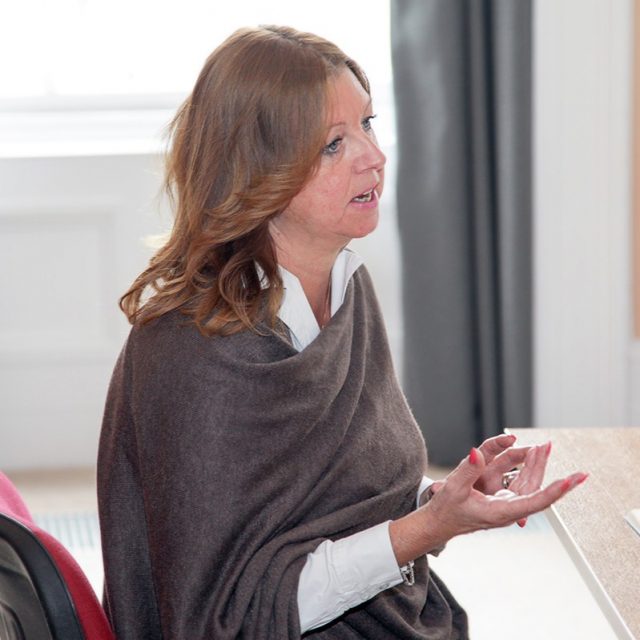
Learning Session - Lean & Digital - Aligning People and Strategy
What is our value driven purpose and “what problem are we trying to solve?” The first question lean thinkers have learned to ask is fractal. It can be asked from the individual work step all the way through to the extended enterprise level.
In this session we look at how lean thinking and practice can help align everyone around the “right” problems to solve for their situation.
Strategy Deployment Ltd will demonstrate how a Best Practice process for Strategy Deployment (Hoshin) can be designed to give visibility and alignment using a digital software package. They will review what makes a succesful process and more importantly the lessons learnt from problems when developing strategy deployment in any organisation.
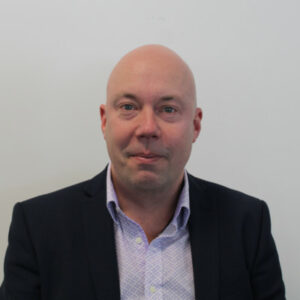

Claire Philips - Managing Director - Strategy Deployment Ltd
Brett Robinson - Director of Data Solutions - Strategy Deployment Ltd
Peter Watkins - Senior Lean Coach, Lean Enterprise Academy
Lunch & Networking
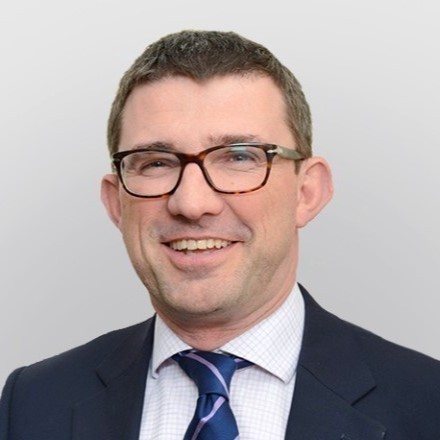
Mending a Broken Heart
Learn how healthcare professionals are using lean thinking to get to the heart of the problem and improve clinical patient pathways by over 85%.
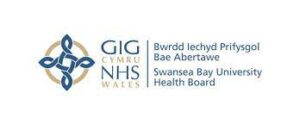
Professor David Smith - Consultant Cardiologist, Morriston Hospital

Learning Session - Mending a Broken Heart
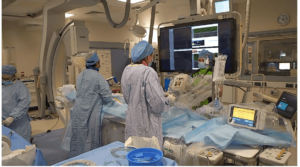
Learn how healthcare professionals are using lean thinking to get to the heart of the problem and improve clinical patient pathways by over 85%.
Success became its own problem, in that, very quickly we found that we had a mismatch in terms of demand versus capacity. Clinical capacity had remained static for a long period of time. But our referrals, took off quite quickly, when people learnt of this life changing, less invasive procedure that was an available option for patients.
Morriston Hospital Cardiac Centre was one of the first in the UK to offer lifesaving keyhole heart surgery (Trans-catheter Aortic Valve Insertion – TAVI). Established back in 2009, it had a decade of saving and enhancing lives, becoming a well drilled team, constantly refining their skills and helping to teach the procedure to clinical staff from all around the world.
The problem came to a head at the start of 2019, the team were disciplined, extremely hard-working and highly regarded for their clinical expertise. But patient waiting times increased, for many this meant long delays, additional health issues and rescheduled dates as priorities changed, sometimes multiple times when urgent cases were bumped to the top of the list (again increasing anxiety levels and incurring additional work for staff members).
The team tried to change things and improve several times, but always struggled to push through the time constraints and changing the system with multiple stakeholders. A joint improvement project between Professor David Smith, Senior Cardiology Consultant at Morriston Hospital and Darren Walsh of the Lean Enterprise Academy was established.
Dave and Darren, worked through a process to get to the heart of the problem. Firstly, observing and grasping a better understanding of the current state of the patient pathway, it’s problems and challenges from a lean point of view, before developing a future state map and improvement plan.
The result is just transformational: Reducing referral to treatment time by over 85%, from over 52 weeks to less than 8 weeks and doubling capacity from 100 to 216 cases per annum, plus many other benefits.
Join Dave and Darren at this year’s UK Lean Summit, to learn how you can improve patient pathways or indeed any core business process and significantly reduce customer lead times and match capacity with demand in any business sector (and not just heart valve surgery).
As well as learning about the key stages of the TAVI patient pathway and the challenges that the TAVI team, the NHS Trust and patients faced. Here you will discover the universal challenges that most organisations face, often focusing on point improvement rather than the overall system effectiveness.
This learning session will combine the lessons from transforming NHS patient pathways and how business leaders and managers can learn to lead in a different way helping to drive improvement through their teams.
Attendees will learn:
- How you can streamline any core process
- The key stages of planning, mapping and implementing value stream improvement
- How to prioritise improvement ideas and create a future state improvement plan
- How to manage highly variable and unpredictable flow
- How the team addressed the heart of the problem, in this case the pathway/ system itself
- The additional challenges that 2020 brought and how the team navigated them
- How the team significantly improved capacity and reduced changeover times
- Effective ways to lead transformation and manage change dealing with multiple stakeholders and resources.

Professor David Smith - Consultant Cardiologist, Morriston Hospital
Learning Session - The Core Leadership Skills and Behaviours for Leading Lean
In this learning session we share the core skills an behaviours needed for leading lean effectively.
Peter Watkins - Senior Lean Coach, Lean Enterprise Academy
David Marriott - Senior Lean Coach, Lean Enterprise Academy
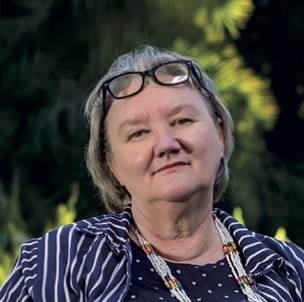
Learning Session - Practical Cases for Introducing Kaizen
Sharon Visser discusses how she introduces kaizen – usually in challenging environments. The session focusses on the practical, rather than theoretical aspects of supporting teams and team members.
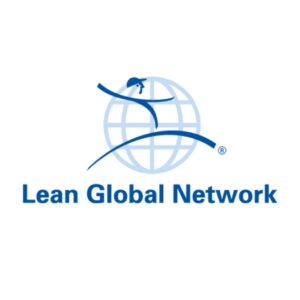
Sharon Visser - Lean Coach, Lean Global Network
David Brunt - CEO, Lean Enterprise Academy

Learning Session - Developing Capability through Employee Involvement Team Working
When an organisation wants to change its culture what does it do? In this session, an organisation shares how the desire to involve its team members led to the development of employee involvement team working. Developing the capability to manage work more effectively and develop the problem solving capability of team members through real-life day to day issues.

Gordon Pearson - Head of Operational Excellence, CSL Seqirus
Peter Watkins - Senior Lean Coach, Lean Enterprise Academy
Coffee, Tea & Networking

What Basic Thinking, Mindset and Assumptions drive Lean change?
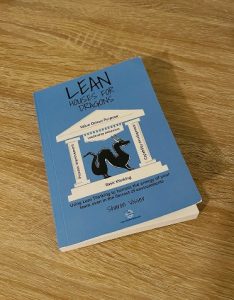
What basic thinking, mindset and assumptions drive lean change? If you want to create a culture where lean thinking thrives at some point you must ask this question. Here, author and former Dealer Principal of Ngami Halfway Toyota, Sharon Visser discusses how she supported her team to deliver a step change in performance and a better working environment for team members.

Sharon Visser - Author, Lean Houses for Dragons

Day 2 Close
David Brunt - CEO, Lean Enterprise Academy